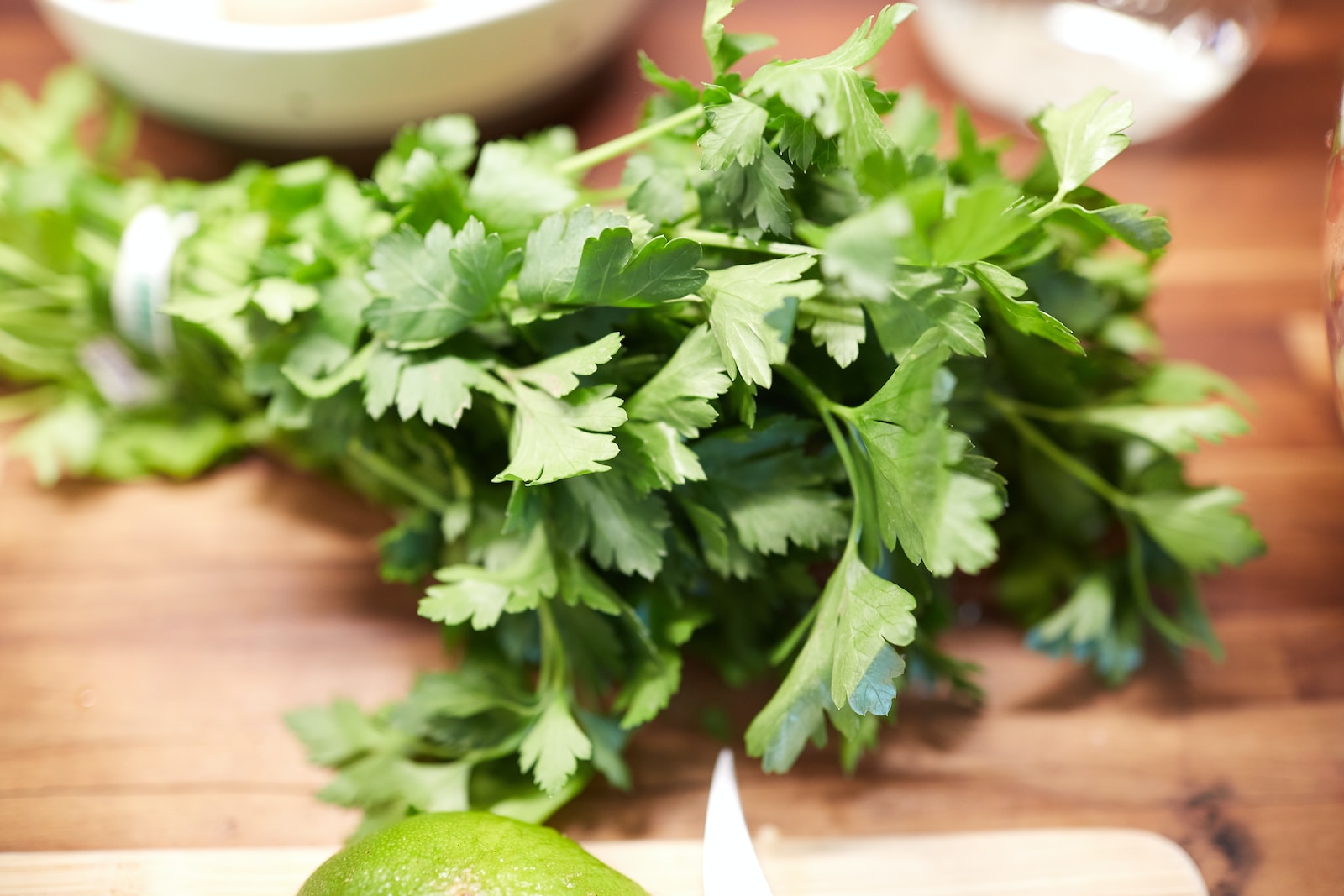A pinch of parsley to lower blood pressure levels
Hypertension is a problem that should not be underestimated, and must therefore be monitored and controlled. We can lower blood pressure levels with foods that have diuretic effects, such as parsley.
Parsley is a plant of oriental origin that belongs to the Apiaceae family. It makes food easier to digest and prevents decay in the gut. Parsley is also highly valuable for its diuretic properties that allow it to lower blood pressure levels. Parsley consumption is recommended for those who suffer from hypothyroidism as it is rich in vitamins, minerals and chlorophyll. Fatigue and anemia are often related to hypothyroidism, which causes slowing down of metabolic processes. This is often accompanied by tiredness, increase in bodyweight, constipation and low tolerance to the cold.
Whom is parsley recommended for?
Parsley is recommended to those who suffer from hypertension due to its diuretic effects that help manage blood pressure and cure disorders caused by the thyroid gland.
The fact that it acts as a histamine antagonist means that parsley can also be of great help to those who suffer from hay fever or hives. The use of this plant is also recommended to those who suffer from hypothyroidism because it is rich in vitamins, chlorophyll and minerals, including iodine. These are all elements that help combat anemia and fatigue.
Using parsley to lower blood pressure
It is useful to get in the habit of adding fresh parsley to pasta, rice, fish and sides.
Parsley makes fatty fish or meat easier to digest and prevents intestinal putrefaction. You should note that it needs to be consumed raw as cooking destroys its therapeutic effects.
Scientific articles:
- Critique of medicinal conspicuousness of Parsley(Petroselinum crispum): a culinary herb of Mediterranean region. (Pak J Pharm Sci. 2014 Jan;27(1):193-202) http://web.a.ebscohost.com/ehost/pdfviewer/pdfviewer?sid=041e1a46-24bd-4fb5-ace4-453576f6f43e%40sessionmgr4004&vid=1&hid=4112
- Optimization of extraction conditions of some polyphenolic compounds from parsley leaves (Petroselinum crispum). (Acta Sci Pol Technol Aliment. 2014 Apr-Jun;13(2):145-54)
http://web.b.ebscohost.com/ehost/pdfviewer/pdfviewer?sid=56dbdd25-8e75-44b1-b2de-43c482464d57%40sessionmgr115&vid=1&hid=124 - Characterization of the endogenous enzymatic hydrolyses of Petroselinum crispum glycosides: determined by chromatography upon their sugar and flavonoid products. (J Chromatogr A. 2013 Jun 7;1293:100-6. doi: 10.1016/j.chroma.2013.03.037)
http://www.sciencedirect.com/science/article/pii/S0021967313005025 - Herbal medicines as diuretics: a review of the scientific evidence. (J Ethnopharmacol. 2007 Oct 8;114(1):1-31) http://www.sciencedirect.com/science/article/pii/S0378874107003662


